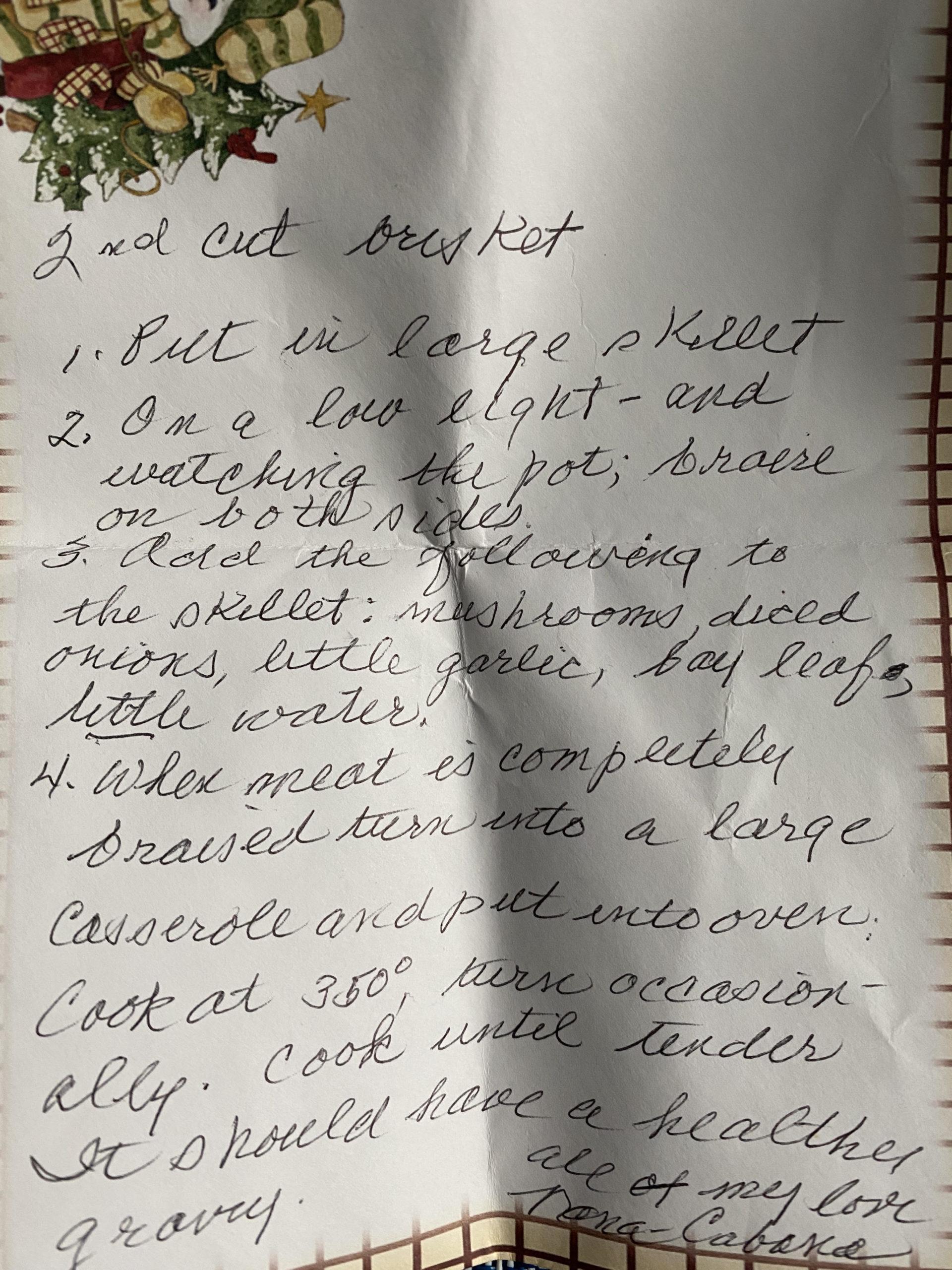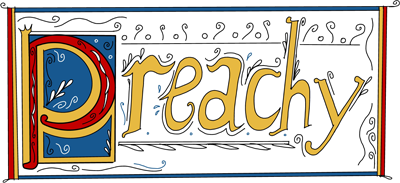
For Corinne Wasserman on Rosh Hashanah
 My mother grew up in two houses in northern New Jersey. I never saw the first and know it only by its address (which became its name). Despite some deep complications, the second still produces a profound feeling of warmth and love echoed only, in what is a very recent experience, in the sense of place I found in and at my mother’s home in Western Massachusetts. I’m wondering now if the classic set of dual ovens — one of which doubles as a microwave? — at my mom’s place has something to do with that.
My mother grew up in two houses in northern New Jersey. I never saw the first and know it only by its address (which became its name). Despite some deep complications, the second still produces a profound feeling of warmth and love echoed only, in what is a very recent experience, in the sense of place I found in and at my mother’s home in Western Massachusetts. I’m wondering now if the classic set of dual ovens — one of which doubles as a microwave? — at my mom’s place has something to do with that.
My mother’s second New Jersey home is my grandparents’ place. It’s still in Livingston, New Jersey (I assume), but it hasn’t been the place that I remember for quite some time, despite the fact that it only passed from the family — along with my Nana — in the past few years. It was remodeled to accommodate my aging Nana, and remodeled before then, too.
We never used the front door. Even if we parked on the street in front of my Nana’s house, we’d walk down the short driveway and around to an entrance that was off a porch that overlooks (still, I think) the backyard. In my memory, the door is always open and a screen door is the only thing that separates the moderate car ride to visit from my Nana’s kitchen.
The screen door opened almost onto the kitchen table. I don’t think it was a tight squeeze really — unless you had to maneuver around a stand of African Violets that my Nana somehow kept always alive — but I also somehow remember my not-so-portly grandfather squeezing in between the table and the door to do his thing with the mezuzah every morning. (In my memory, he’s wearing a sleeveless undershirt tucked into his briefs.)
The ur-kitchen where my Nana works in my head is certainly not my Nana’s actual ur-kitchen. She was a child of a musician who relied on New Deal-government work to get through the Depression, and so she knew homes that were not nearly as physically comfortable as the one that I remember. My mother tells me that she believes that “much [of her] motivation was to separate herself from the difficult days when her father was out of work and she slept under the dining room table at her grandmother’s house.”
Somehow the imprint of my Nana’s ur-kitchen is more powerful than any of that. Blue tile. Double brown ovens. Manual dials. Range next to the ovens and on top of a cabinet.
The blue tile on the kitchen floor gave way to white tile that led back to the front door. Here’s where I’d like to insert a convenient reference to Israel’s national colors, but I’m quite sure that would be inaccurate. I think my Nana just loved a peaceful blue — a fact reflected in what I remember as the all blue formal dining room that was off the kitchen. With the stuff she made, I can’t believe the carpet, which must have had a three inch pile, was kept so clean.
At this point, I’d like to invite you to google Jewish Pot Roast and imagine what it’s like to get anything that spills from said pot out of a high pile carpet.
For the record, my Nana made the best version of this stuff (I’d bet your Nana did too), and that’s probably why I find it inseparable from her memory. I live in Texas now, where they also care deeply about brisket. None of it compares to my Nana’s.
In my memory, we eat my Nana’s pot roast for Rosh Hashanah, but pot roast is, apparently, the Ashkenazi holiday centerpiece. There is also a sweet kugel with pineapple.
You’re supposed to eat sweet things for a sweet year on Rosh Hashanah. My Nana’s pot roast is kind of sweet. Mostly it’s the memory of it, I think. Just in case, here’s the recipe:
Make sure you get a second cut of brisket
- Put it in a large skillet
- On a low light — and watching the skillet — braise on both sides
- Add the following to the skillet:
- Mushrooms
- Diced onions
- A little garlic
- A bay leaf
- A little water
- When meat is completely braised, turn into a large casserole and put into oven (she did not write one of two brown double ovens, but I invite you to hunt those down if you can)
- Cook at 350 degrees. Turn occasionally.
- It should have a healthy gravy
L’Shana Tova!
